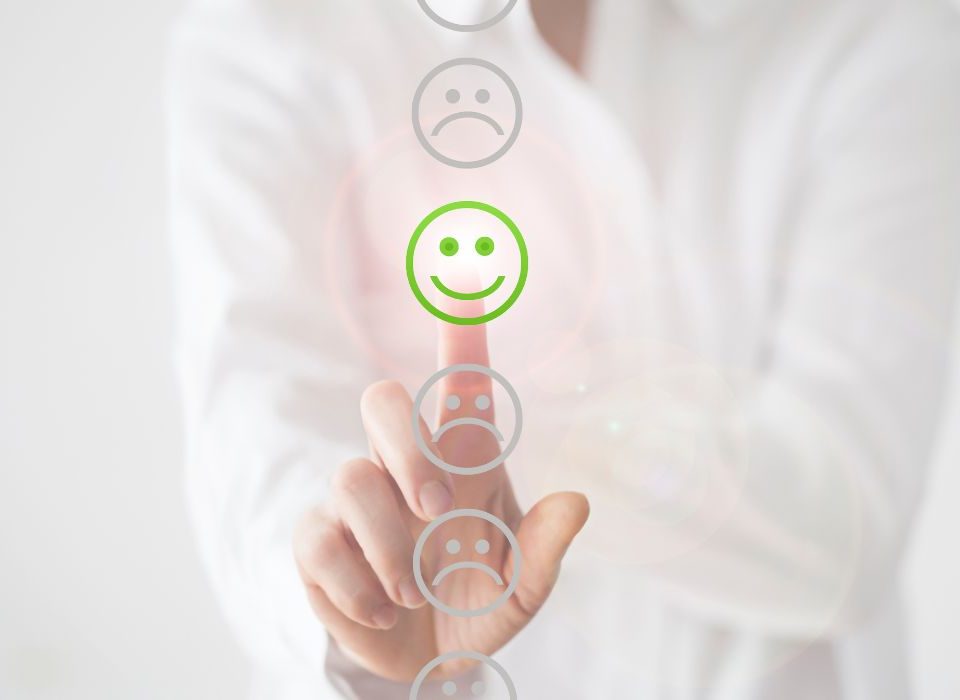
The Impact of Bullying on Adolescent Eating Habits and the Link to Eating Disorders
October 10, 2024
Understanding Avoidant Restrictive Food Intake Disorder (ARFID) in Children: Signs, Causes, and Treatment
October 18, 2024In the digital age, teenagers are more connected through social media platforms, online gaming, and messaging apps. While these tools offer ways to stay connected with friends and express oneself, they also open the door to a darker side of online interactions—cyberbullying. Understanding what cyberbullying is, its effects, and how it affects the lives of teens is crucial in today’s world, where online harassment has become an all-too-common experience.
What is Cyberbullying?
Cyberbullying is the use of technology, especially social media, to harass, threaten, embarrass, or target another person. It differs from traditional bullying because it can happen anytime, anywhere, and often anonymously. Teens can be attacked not only in school but also in the safety of their own homes through texts, social media posts, or online comments.
Examples of cyberbullying include:
- Harassment: Sending threatening, aggressive, or malicious messages repeatedly.
- Exclusion: Deliberately excluding someone from an online group or social circle.
- Doxxing: Sharing private or personal information about someone without their consent.
- Spreading rumors or lies: Using online platforms to spread harmful or untrue gossip.
- Impersonation: Creating fake accounts or pretending to be someone else online to damage a person’s reputation.
These examples of cyberbullying demonstrate the ways technology can be weaponized, making it difficult for victims to find a safe space or escape the harassment.
The Role of Social Media in Cyberbullying
Social media platforms such as Instagram, Snapchat, TikTok, and Facebook play a significant role in enabling cyberbullying. They allow for instantaneous sharing of information, whether it be texts, images, or videos, making it easier for bullies to target their victims and for rumors or harmful content to spread like wildfire.
- Anonymity: Many social media apps allow users to remain anonymous, which can encourage individuals to bully without fear of repercussions. Hidden behind a screen, teens may engage in behaviors they would never consider in face-to-face interactions.
- Constant Connectivity: Unlike traditional bullying, which often occurs during school hours or in specific locations, cyberbullying can happen at any time. Teens are connected to their devices 24/7, making them vulnerable to harassment around the clock. The continuous nature of online bullying often makes the situation feel inescapable for victims of cyberbullying.
- Viral Spread: Social media amplifies bullying by allowing a harmful post, video, or message to be shared quickly and with a vast audience. Once content goes viral, it can be nearly impossible to remove, causing long-lasting damage to the victim’s mental health and social reputation.
- Peer Pressure: Teens often seek validation on social media through likes, comments, and followers. However, this can also make them targets. The pressure to fit in, combined with the ease of participating in online bullying, can lead many to engage in harmful behavior, whether as direct bullies or passive bystanders.
Effects of Cyberbullying on Teens
The effects of cyberbullying on teens are profound and long-lasting. Victims of cyberbullying often experience emotional, psychological, and even physical impacts that can severely hinder their well-being.
- Emotional and Psychological Effects: Teens who are bullied online often suffer from depression, anxiety, and low self-esteem. The constant barrage of negative messages or public humiliation can lead to feelings of worthlessness and hopelessness. Many victims of cyberbullying report feeling isolated and misunderstood, even when they have a support system in place.
- Academic Performance: Cyberbullying can also impact a teen’s ability to focus on schoolwork. Victims may avoid school out of fear or embarrassment, leading to absences, declining grades, and a lack of motivation. In some cases, teens may even drop out of school entirely to escape their tormentors.
- Physical Health: Stress and anxiety caused by cyberbullying can manifest in physical symptoms such as headaches, stomach issues, or fatigue. Additionally, some teens may engage in self-harm as a way to cope with the emotional pain inflicted by online harassment.
- Increased Risk of Suicide: Tragically, some victims of cyberbullying become so overwhelmed by their experiences that they consider or attempt suicide. Cyberbullying-related suicides have been well-documented in the media, highlighting the severity of its impact on vulnerable teens.
Supporting Victims of Cyberbullying
Given the damaging effects of cyberbullying, it is essential to support those affected and take steps to prevent future incidents. Parents, educators, and friends play a vital role in identifying the signs of cyberbullying and offering help. Some warning signs include mood changes, reluctance to go to school, withdrawal from social activities, and an excessive focus on or avoidance of technology.
Encouraging open communication is critical. Teens should feel comfortable discussing their online experiences without fear of punishment or shame. Additionally, setting boundaries around technology use, teaching online etiquette, and fostering empathy can all help reduce the likelihood of cyberbullying.
Schools and social media companies are also responsible for creating a safe environment for teens. Many platforms have started implementing stricter guidelines to prevent bullying, including reporting mechanisms and automated systems to detect harmful content. However, more needs to be done to ensure the safety of young users online.
Get Help Today
Understanding what cyberbullying is, its examples and its consequences is crucial in today’s social media-driven world. The constant connectivity of teens to their devices, combined with the anonymity and viral potential of social media, makes cyberbullying a pervasive problem with severe impacts on mental health and well-being. By recognizing the signs of cyberbullying and offering support, we can help protect vulnerable teens from becoming victims and create a safer online space for everyone.
_________________________________________________________________________________
Looking for treatment for an eating disorder, anxiety, depression, trauma, or postpartum mood disorder?
Evolve Counseling Services is a specialized team of Licensed Therapists providing treatment in Paoli.



